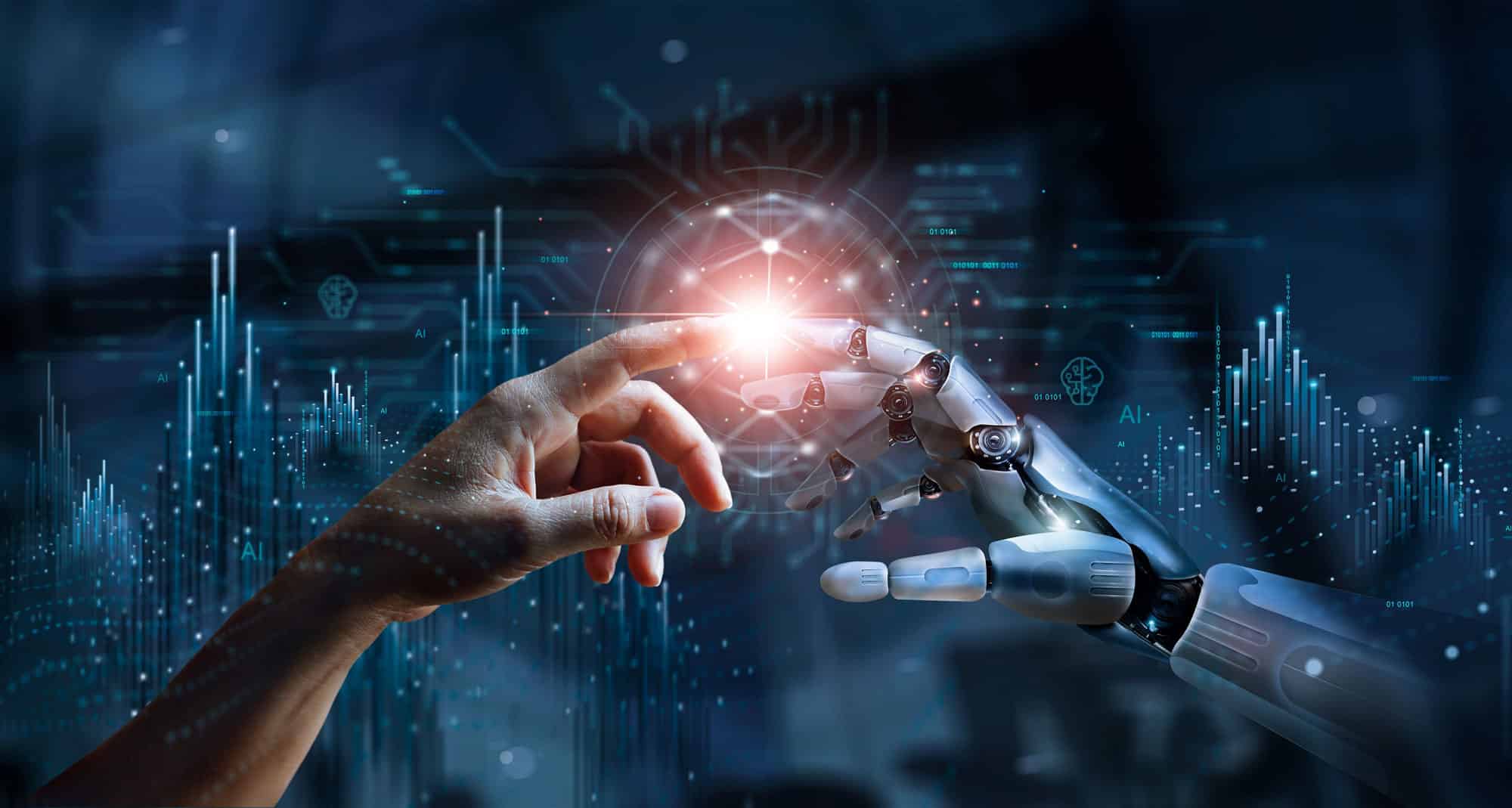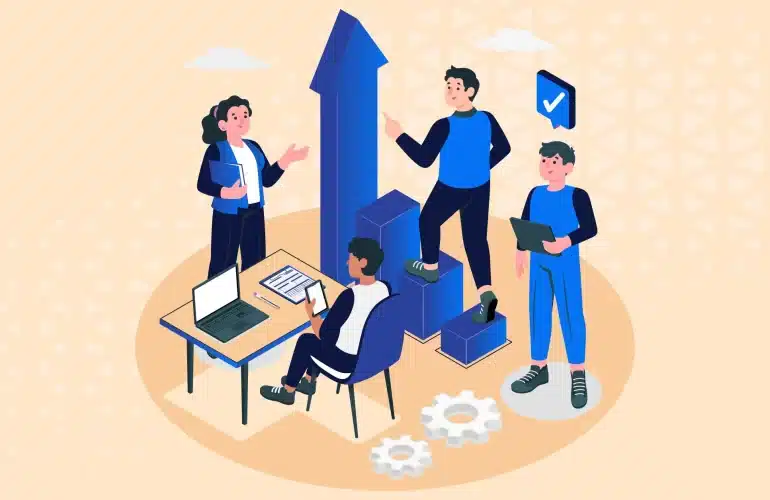Key Takeaways
- AI is transforming HR by enhancing recruitment, training, and employee evaluation processes.
- HR leaders see AI as a valuable assistant that saves time and improves work quality.
- AI provides actionable workforce insights, aiding in better decision-making for HR leaders.
- Key risks include biases in AI systems and concerns around data privacy and protection.
- A well-defined AI strategy is essential for effective integration into HR practices.
- The future of HR will see AI playing a larger role in workforce management, alongside human judgment.
In an age where technological innovation is reshaping every industry, Human Resources (HR) stands as a prime candidate for transformation. The introduction of Artificial Intelligence (AI) into HR processes is reshaping the landscape, bringing about significant changes in recruitment, training, and employee evaluation.
The Role of AI in HR: A New Era of Efficiency
AI technology is proving to be an invaluable assistant to HR professionals across the globe. By automating repetitive tasks and providing precise analysis, AI frees up time for HR teams to focus on strategic initiatives. Here are some key areas where AI is making a difference:
1. Recruitment
AI is revolutionizing the recruitment process by:
- Screening resumes: Automating the initial screening of candidates efficiently weeds out unqualified applicants.
- Scheduling interviews: Streamlining the interview process to save valuable time.
- Enhancing the candidate experience: Providing quick responses and updates to prospective employees.
2. Training and Development
AI technology assists in tailoring training programs to individual needs and is capable of tracking the progress and effectiveness of training initiatives. This personalized approach to professional development is more efficient and effective than traditional methods.
3. Employee Evaluation
With AI, performance assessments become more data-driven:
- Objective metrics: AI-driven analysis provides objective performance metrics, reducing human biases.
- Predictive analytics: AI affords insights into productivity trends, helping to anticipate workforce needs.
The Strategic Importance of AI in Decision-Making
Implementing AI within HR systems allows for more informed decision-making. By identifying patterns through data analytics, AI offers actionable insights that ensure HR leaders are equipped to make strategic, data-driven choices. This translates into better talent retention, refined workforce planning, and enhanced professional development strategies.
Addressing Potential Risks with AI in HR
Notwithstanding the transformative potential of AI, HR professionals must be vigilant in addressing two primary concerns: bias and data privacy.
Bias in AI Systems
AI algorithms can inadvertently perpetuate historical biases present in the data used to train them. To mitigate these risks:
- Diverse data sourcing: Use a varied dataset to train AI algorithms.
- Human oversight: Maintain human involvement in AI-led processes to identify and address biases.
- Continuous monitoring: Regular audits should be conducted to ensure AI systems remain fair and unbiased.
Data Protection and Privacy
Employee data protection must remain a priority:
- Transparency: Communicate clearly about how employee data is collected and used.
- Compliance with regulations: Stay abreast of current data protection laws and ensure all systems comply.
- Robust data security protocols: Implement stringent security measures to safeguard sensitive data.
Crafting a Robust AI Strategy for HR
A strategic approach is paramount for the successful integration of AI in HR. Here’s how you can get started:
- Identify key processes: Start by assessing which HR processes would benefit most from AI integration.
- Select compatible solutions: Choose AI solutions that align with your organizational goals and are easily integrated with existing systems.
- Employee training: Ensure HR staff are well-versed in using new AI tools effectively.
- Ongoing evaluation: Treat integration as an iterative process with periodic reviews and refinements.
Looking Ahead: The Future of HR with AI
As we peek into the future, it’s clear that AI will play an increasingly prominent role in workforce management. It promises to personalize employee development and automate time-consuming tasks, yet human judgment will remain irreplaceable. HR leaders embracing AI thoughtfully will drive both innovation and maintain the human touch necessary in nurturing workplace culture.




